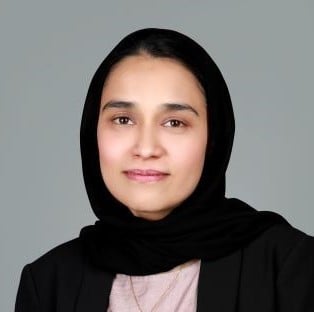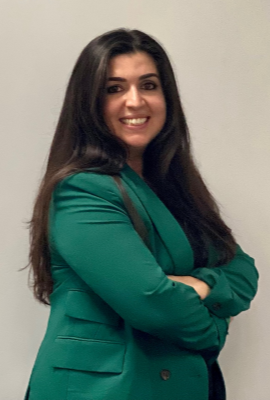Editor's Choice
Latest Content
Sustainability Gaining Momentum in Home Care in Middle East
9 Apr 24Home care in the Middle East is undergoing a remarkable transformation, driven by the convergence of two factors: a surge in consumer demand for innovative cleaning solutions and the active promotion of sustainable and eco-friendly practices by governments. As such, consumers are seeking cleaning solutions that offer eco-friendly formulations, sustainable packaging, and stress-relieving fragrances tailored to regional preferences
Customer Loyalty in the MEA Region
19 Mar 24 | GST: 12:00 PMLoyalty programmes are a powerful tool that can help you build strong customer relationships. Sign up for this webinar to gain insights on the MEA landscape and how you can transform your loyalty strategy in the region. You’ll get actionable takeaways to enhance customer retention and drive growth.
What to Expect from the Middle Eastern Consumer in 2024
13 Mar 24Euromonitor International recently published its Top Global Consumer Trends for 2024, on the back of a rigorous research process to foresee how consumer behaviour is expected to evolve and what it means for businesses. This study also enables us to outline what to expect from consumers in the Middle East during 2024.
Digital Payments in the Mobility Industry – Where and How to Play Next?
11 Jan 24Consumer preference for seamless payments in most daily activities has also increased the adoption of digital payment solutions for mobility. As consumers expect an integrated, convenient, and secure payment solution, this has opened up the mobility sector as an avenue of payment innovation and partnership among payment specialists and mobility service providers across public and private sectors.
How Gamification is Reshaping Loyalty Programmes in the Middle East
29 Nov 23Gamification is set to significantly influence loyalty programmes in the Middle East, primarily due to the evolving demographics and spending habits of Generation Z (Gen Z), who favour experiences over material possessions.
Beyond Booking: How Technology is Reshaping Travel in the Middle East and Africa
15 Nov 23Digitalisation is revolutionising the travel and tourism industry in the Middle East and Africa. Today's tourists are seeking unique and immersive experiences, driving travel businesses to harness cutting-edge technologies to meet these evolving demands. These innovations are more than simply tools; they are redefining how travellers plan, book, and experience their journeys, thereby disrupting traditional business models.




